PRESERVING A MILITARY LEGACY FOR FUTURE GENERATIONS
The following Reflections represents YN1y Gary Haythorn’s legacy of his military service from 1966 to 1970. If you are a Veteran, consider preserving a record of your own military service, including your memories and photographs, on Togetherweserved.com (TWS), the leading archive of living military history. The following Service Reflections is an easy-to-complete self-interview, located on your TWS Military Service Page, which enables you to remember key people and events from your military service and the impact they made on your life. Start recording your own Military Memories HERE.
Please describe who or what influenced your decision to join the Coast Guard.
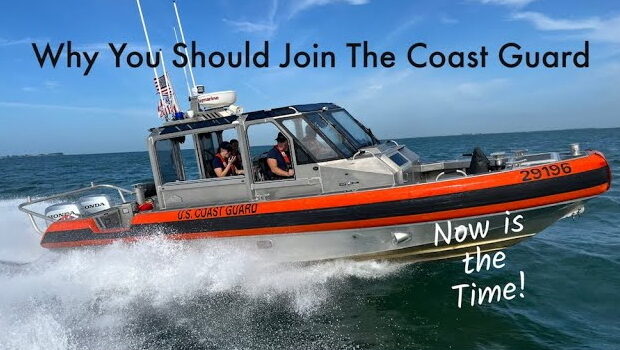
In my senior year of high school, contemplating college, I didn’t receive any college application counseling. I believed that I could not afford college tuition, so I decided to apply to a military academy. I was interested in military service and thought that the Coast Guard Academy might be what I wanted. I liked the idea of a more minor service and naively thought the Coast Guard service might involve guarding the coast.
Without counseling, I applied to the Coast Guard Academy without support from my area congressperson.
When I realized the Academy was not in my future, I enlisted in the spring of 1966 with a delayed entry in October of 1966, about four months after graduating high school.
Whether you were in the service for several years or as a career, please describe the direction or path you took. What was your reason for leaving?
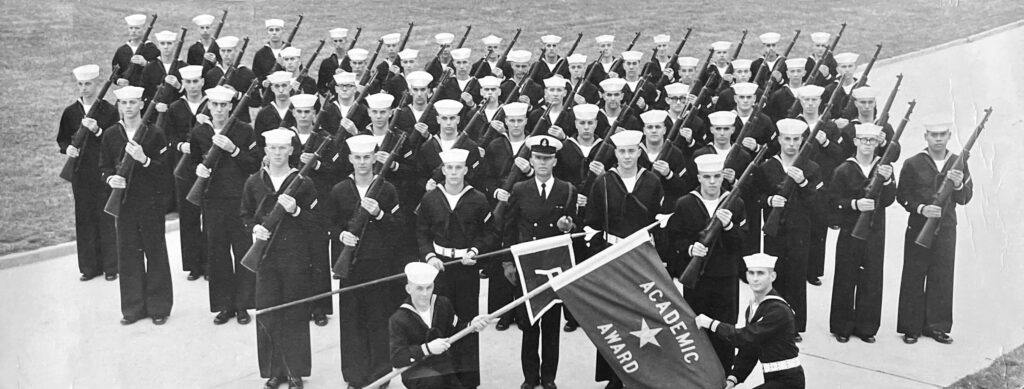
When I finished boot camp at Cape May and contemplated my first assignment, I asked if I could be assigned to the Cape May Recruit Training Center, perhaps as a physical education instructor. My company commander strongly encouraged me to go to “A” school as my scores were high, and those scores indicated I could do well as a Yeoman or a Storekeeper. My company commander said if I stayed at Cape May, I would likely not get promoted beyond E-3 or four if I stayed there for four years.
I started YN school in Groton, CT, in January 1967. I didn’t seem to grasp the YN concepts well, and I finished 27 out of 30 in my class. Assignment choices were down to Coast Guard district Honolulu or Alaska. I chose the warmer climate in Honolulu and was assigned to CGC Matagorda, a high-endurance cutter that was getting near the end of its useful life. It was decommissioned only six months after my assignment and near the time of my automatic promotion to YN3. I began studying for the YN2 exam at the time of my transfer to a Honolulu-based WLB, where I was the only YN, and I learned the trade hands-on.
I had asked for an assignment to foreign duty, and by March 1, 1968, I was assigned to the Southeast Asia Section. There, we operated LORAN in support of the Vietnam War. I was promoted to YN2 in December 1968.
Following my transfer back to CONUS, I was eligible to take the YN1 exam in August 1969. I passed and was promoted to YN1 on 1/16/1970 while onboard WLR Goldenrod, homeported in Keokuk, Iowa. At that point, I was a 21-year-old YN1 and was proud to be called “a slick arm six.” Once, while traveling, a Navy CPO stopped me and accused me of being out of uniform because I had no hash marks! I had to show him my ID, proving I was only 21 years old and likely had not been in the service long enough to have earned a hash mark.
Twelve years after leaving the Coast Guard, I graduated from college and tried to join the CG Reserve. As part of the DOT, the CG was not hiring, and I went down the hall to the Navy. The only rank and rate I could negotiate were SK2 or YN3. I took the higher rank and immediately applied for a direct commission. In June of 1983, I was commissioned an Ensign Supply Corp. My story is the Navy realized I could never pass the SK1 exam, so they promoted me to officer rank! I retired in September 2001 as an LCDR, SC, USNR.
If you participated in any military operations, including combat, humanitarian and peacekeeping operations, please describe those which made a lasting impact on you and, if life-changing, in what way?
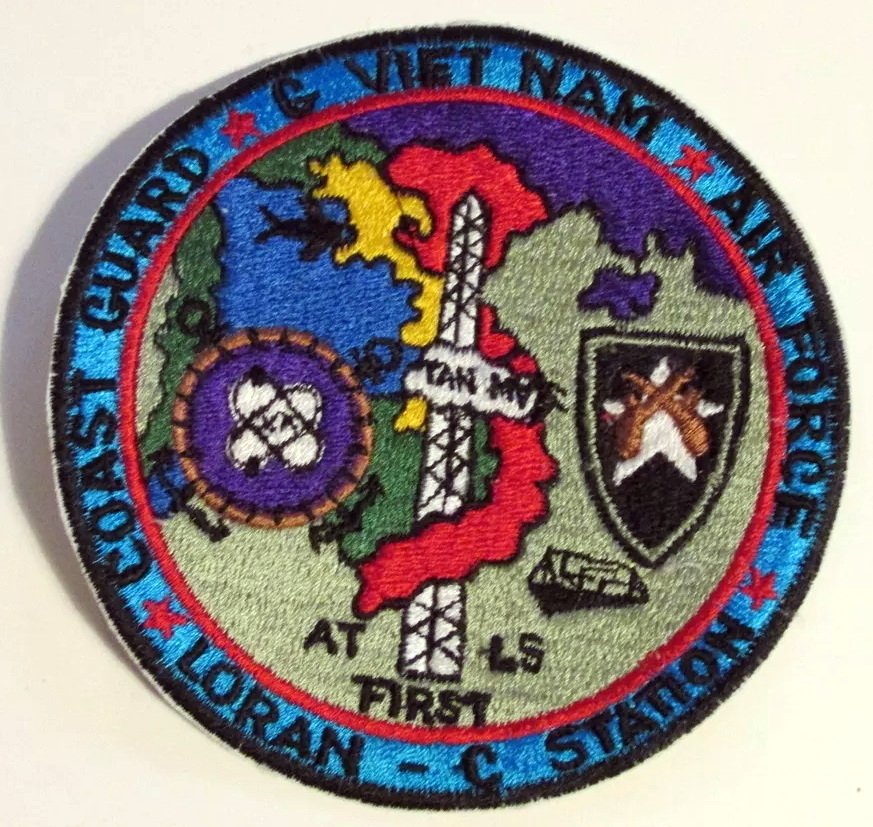
My assignment to the Southeast Asia Section Office in Bangkok, Thailand, had the most influence on my life. We operated LORAN stations in Thailand and Vietnam, and I visited all the stations we operated in the two countries. I was only on the ground in VN and Thailand, but my travels took me within a few miles of Laos, Cambodia, and even Burma. Other service personnel I encountered, as I traveled in work uniform, dungarees, and white hats, were surprised, saying, “What the
They were shocked that I was Coast Guard on the ground in Vietnam but even more surprised where I was on my travels around Thailand, where there was no water for a sailor!
I lived with a Thai family while stationed in Bangkok and was allowed to learn conversational Thai. I regret not having taken formal classes in the language. Here in the US, fifty-plus years later, I look for the opportunity to speak to people I recognize as Thai. I’ve always thought my efforts to speak Thai made me more tolerant of foreigners struggling to speak English. I respect their efforts and hope they respect mine.
I once noticed two Thai women shopping and recognized that they were speaking Thai. I did my best to speak to them and offer my assistance. They were nice but not impressed with my skills in speaking Thai, and they commented that I must have learned to speak Thai “on the street.”
The greatest experience for me was traveling halfway around the world and learning about life outside the US. I had brief stays in Guam and the Philippines en route to Thailand.
Did you encounter any situation during your military service when you believed there was a possibility you might not survive? If so, please describe what happened and what was the outcome.
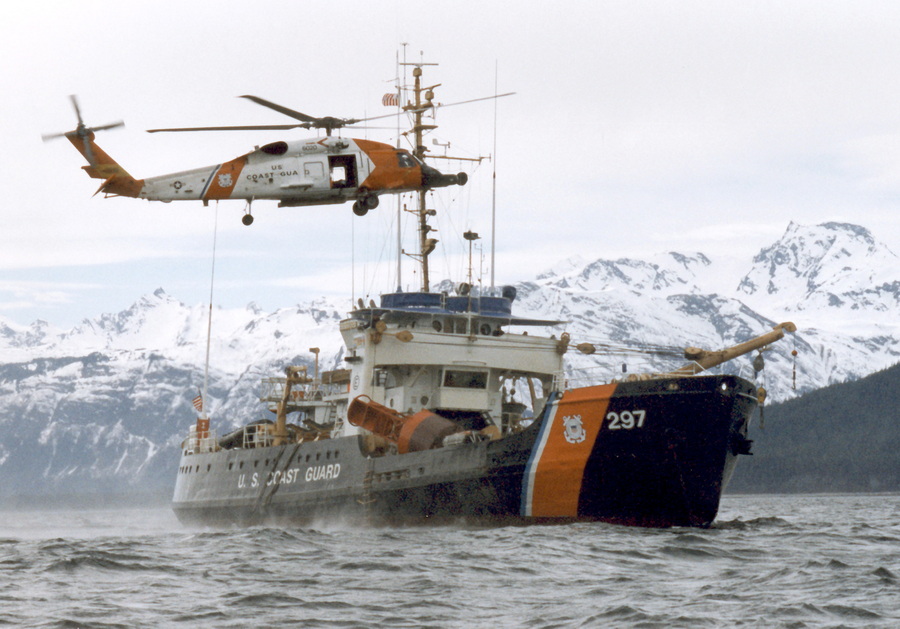
On my second ship, CGC Ironwood, homeported out of Honolulu, I experienced my most scary time at sea. We spent two to three days heading into the wind and 20 to 25 waves during a storm. Being on a round-bottomed 180-foot seagoing buoy tender was the reason it was scary.
Serving in VN, I thought of the possibility of being in the line of fire because I traveled in small aircraft when my travel took me into Saigon, where I would stay over waiting for a flight to our Loran station on Con Son Island. The Coast Guard tended to locate its Loran stations on remote islands off the coast of VN as opposed to shore-based stations that would be a big target with its tall Loran transmitting towers.
I did not carry a weapon when traveling, so the Coast Guard must not have had any concerns for my safety. I do recall that I would not tell my mother that I had visited Vietnam until I returned to Bangkok so that she would not worry about me.
Of all your duty stations or assignments, which one do you have fondest memories of and why? Which was your least favorite?
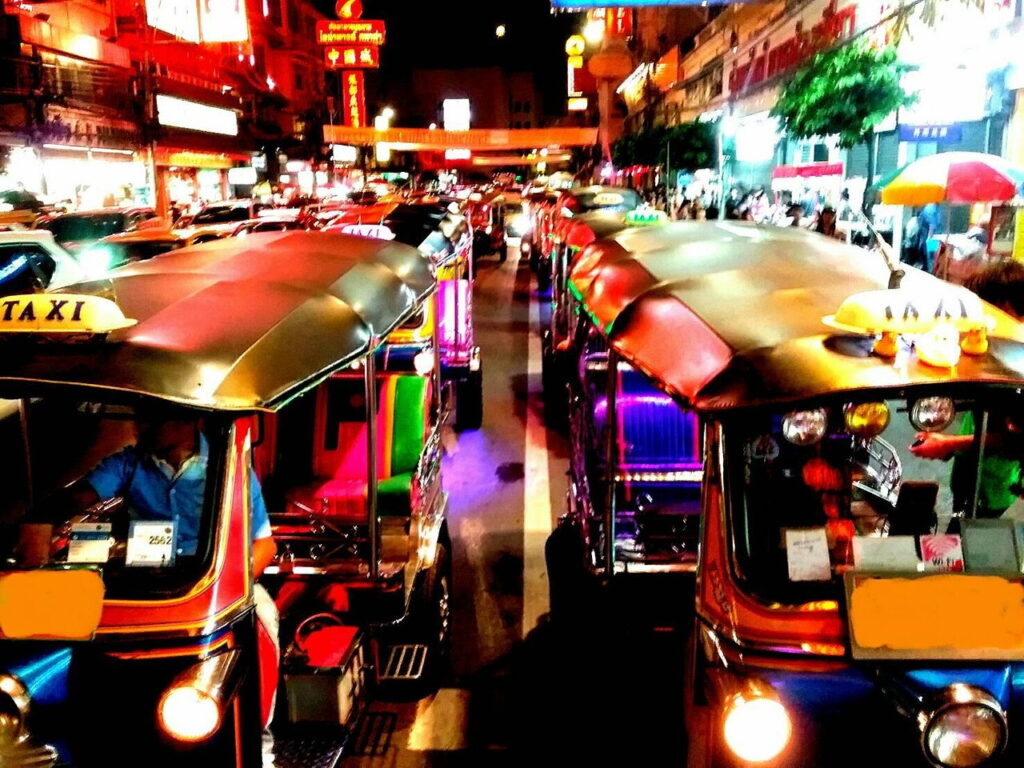
For sure, my assignment in Bangkok, Thailand, was my favorite. I lived and subsisted on the economy as opposed to living in military barracks and eating military food. I enjoyed interacting with local people and dating Thai women who often taught me their language, and on dates, they introduced me to Bangkok’s nightlife and a wide variety of tourist attractions in and out of Bangkok.
Oddly, my least favorite assignment was on board a river buoy tender homeported in Keokuk, Iowa. We experienced work on the Mississippi River from where the Missouri River enters into the Mississippi and north to Davenport, Iowa. For maintenance and other duties, I had the opportunity to travel north on the Illinois River almost to Chicago for maintenance and one trip as far north as Minneapolis/St. Paul covering for another CG cutter down for maintenance. I must admit having to stand duty one out of three on the Goldenrod versus 8 hours a day in an office in Bangkok was certainly not nearly as much fun.
I joined the Coast Guard with the thought of serving close to home, but I had my greatest experiences with far-away travels.
From your entire military service, describe any memories you still reflect on to this day.
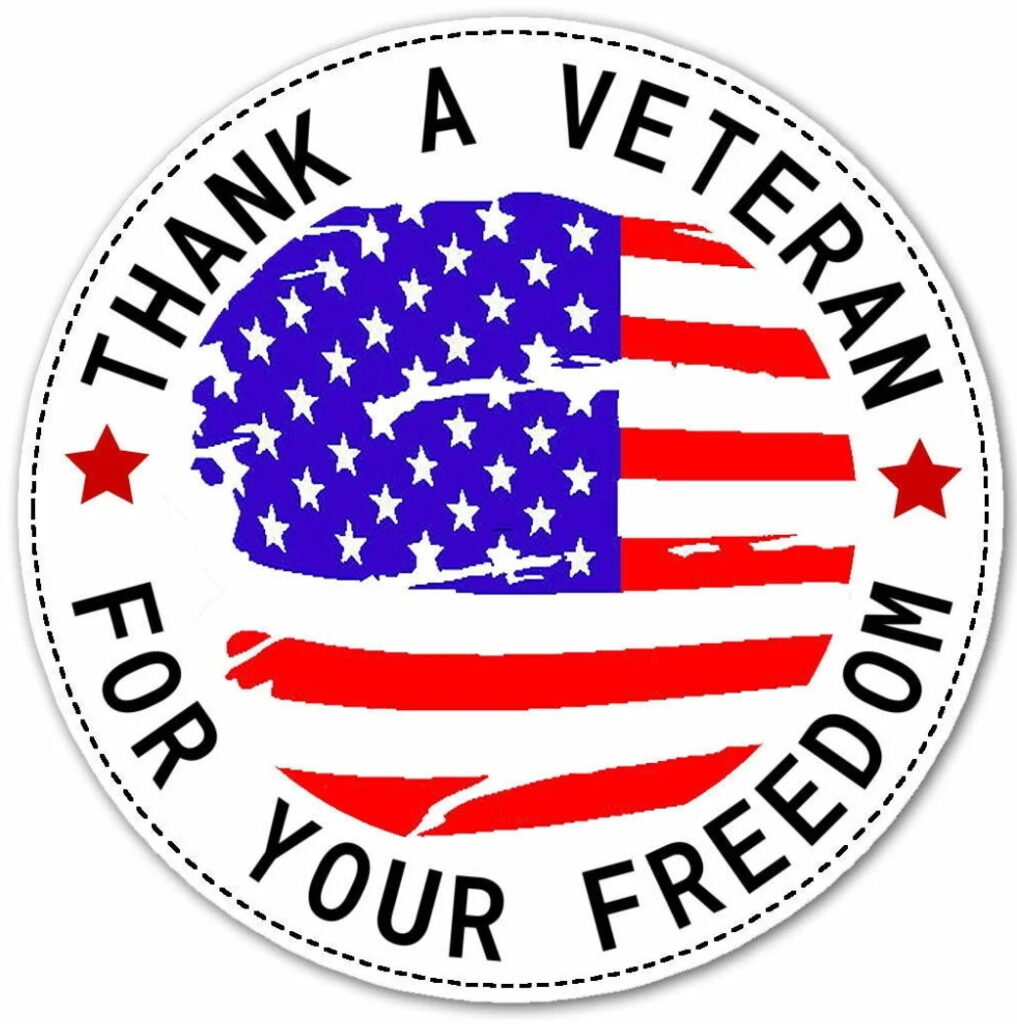
I reflect on all 23 years frequently. As a Navy reservist, I managed to gain some great assignments as a Supply Corps officer. None of my assignments involved ship duty, but after I graduated from Navy Supply Corps School, Athens, Georgia, I had an assignment with CINCLANT in Norfolk, VA. And was, for a while, Assistant Comptroller at the Navy Finance Center in Cleveland, Ohio, and in a later assignment, Fuels Officer for US Forces Japan at Yakota Air Force Base for several joint exercises with all of the services learning to work with the Japanese Self Defense Forces.
I also take pride in having gone from E-1 to E-6 and then promoted from Ensign to Lieutenant Commander.
Another item to reflect on is that after the Gulf War, which I didn’t participate in, I often hear, “Thank you for your service!” We didn’t hear that in the late ’60s and ’70s when I came home from Viet Nam. I thank Gulf War vets for making my earlier service more appreciated.
What professional achievements are you most proud of from your military career?
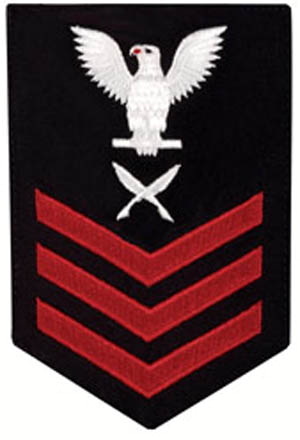
I am perhaps most proud of going from the lowest enlisted rank to retiring mid-level officer status. But, most pride can be had having made E-6 in three years, three months, and six days to be a “slick arm six.” Promotion opportunities were there. I could have made E-6 in about seven months less than I actually did had I passed my first E-5 exam and been promoted to E-6 one month earlier had I scored higher in the service-wide exam! I could have made E-6 eight months faster had I studied harder!
Of all the medals, awards, formal presentations and qualification badges you received, or other memorabilia, which one is the most meaningful to you and why?
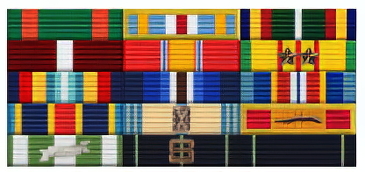
It has to be having been awarded Viet Nam Service medals. I was only attached to COMSEASEC for 16 months and am authorized to have seven bronze service stars on the VN Service medal. Some of my shipmates were awarded the VN Service medal for as many as five years attached to Bangkok’s Coast Guard Loran Section office.
I proudly wear all 15 medals and ribbons, but I think of them as “been there, done that” awards, although I did receive the Navy Achievement Medal for work done while attached to the Defense Contract Management Center (DCMD) in Cleveland, Ohio.
I do thank God that I did earn the Coast Guard Sea Service Medal for two years on board ships. It is something a sailor should be able to say.
During those two years, I served on one ship that was as far as 1,530 miles from the closest land, in water three miles deep. Then, I served on a river buoy tender that served in water 30 feet deep and not more than 100 yards from the closest land.
Which individual(s) from your time in the military stand out as having the most positive impact on you and why?
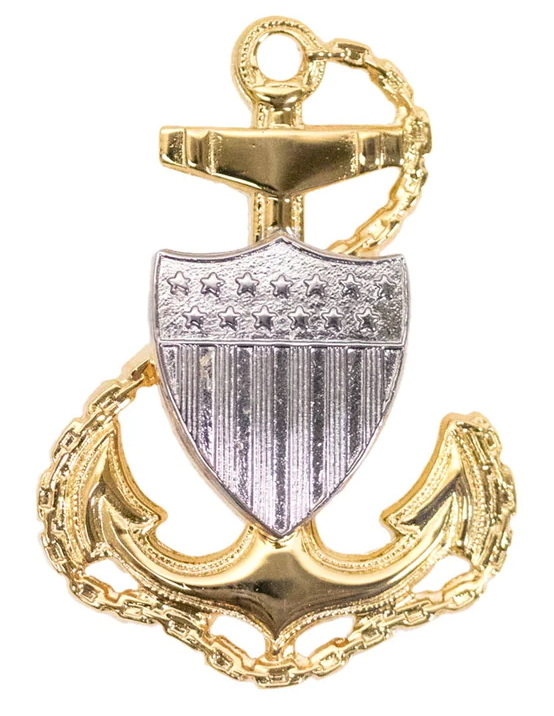
I listened to my boot camp drill instructor and went to A School for Yeoman. That laid the groundwork for being part of a system that gave me the opportunity for promotion if I worked hard. That Chief gave me guidance right at the time I needed it. It was another Chief, this time a YN, who gave me guidance that got me experience in my rate that I needed for promotion and great experiences.
After working as a commissioned officer in the Navy, I fully appreciated Chiefs (E7 and up) as essential to a well-functioning military.
List the names of old friends you served with, at which locations, and recount what you remember most about them. Indicate those you are already in touch with and those you would like to make contact with.
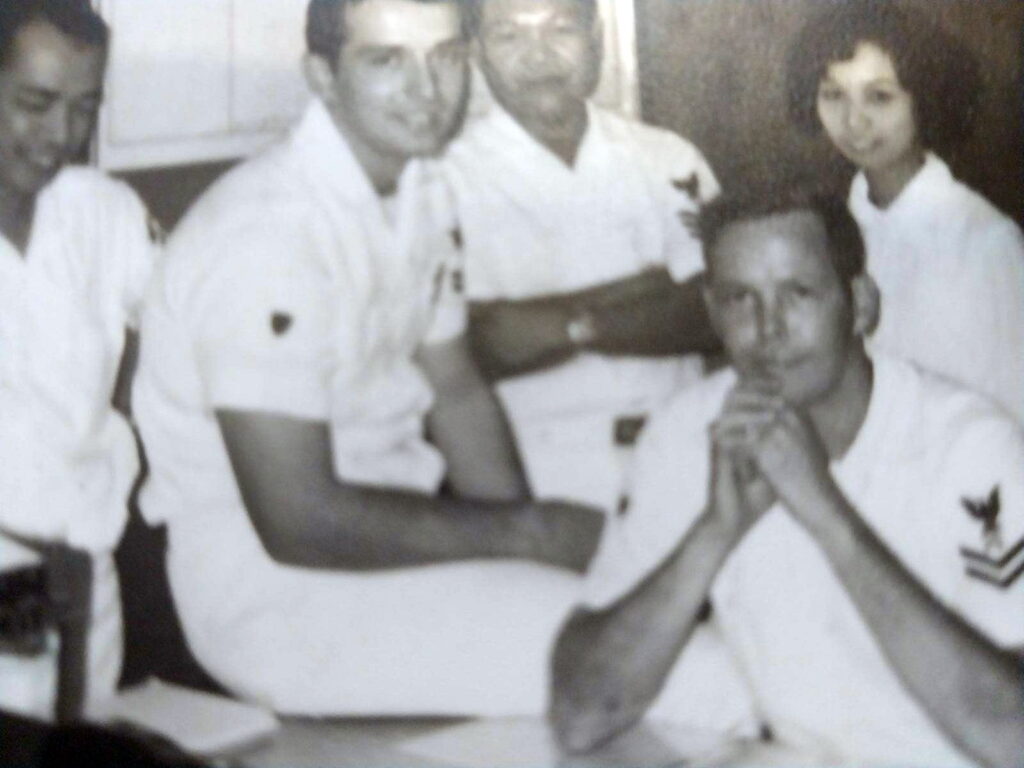
COMSEASEC, BANGKOK, THAILAND 68-69 – YN1 Sonny Soria, SK2 Ray Jensen (deceased), ETC Paul C. McCurry, and the Thai receptionist, Dang (Achara Rayhapon) spelled phonetically.
Can you recount a particular incident from your service which may or may not have been funny at the time but still makes you laugh?
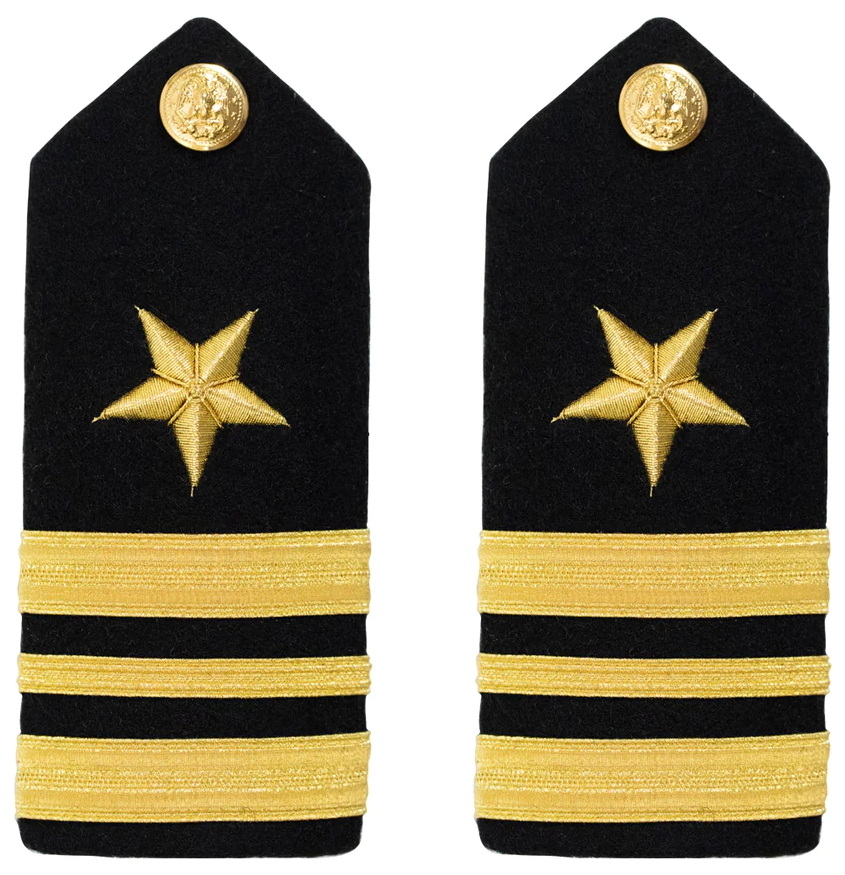
I served active duty in the Coast Guard from 1966 – 1970. Once traveling north on an AF C-130 from Bangkok, Thailand, to Udorn, the plane stopped at NKP, an AF base. Getting off the plane, the AF guy moving the stair ramp looked at me in dungarees and a white hat and said, “What the
I’ve been told that in order to join the Coast Guard, you had to be 6′ tall. In case your ship sank, you could walk ashore. My first ship out of Honolulu was on Ocean Station Victor, and we pulled an abandon ship drill. You go to your lifeboat station, dawn the life jacket, and await instructions. We were told the closest land was 1,530 miles southeast. We used to go swimming on Sundays after a cookout on the fantail. The water was at least 3 miles deep.
Once, while walking into Home Depot, a man leaving the store stopped and noted my hat. ‘U. S. Coast Guard, Viet Nam Veteran”. He said, “I’m surprised the Coast Guard was in Viet Nam.” I said, “How surprised do you think I was?”
After graduating from college in 1982, I tried to join the Coast Guard and seek a commission. They weren’t hiring, so I went down the hall to the Navy. They signed me up but could not give me YN1 (E-6), as I was in the CG. They said YN3 or SK2. I took Sk2. The Navy knew I’d never make SK1, so they commissioned me Ensign, Supply Corp, and I retired as LCDR in 2001.
What profession did you follow after your military service, and what are you doing now? If you are currently serving, what is your present occupational specialty?
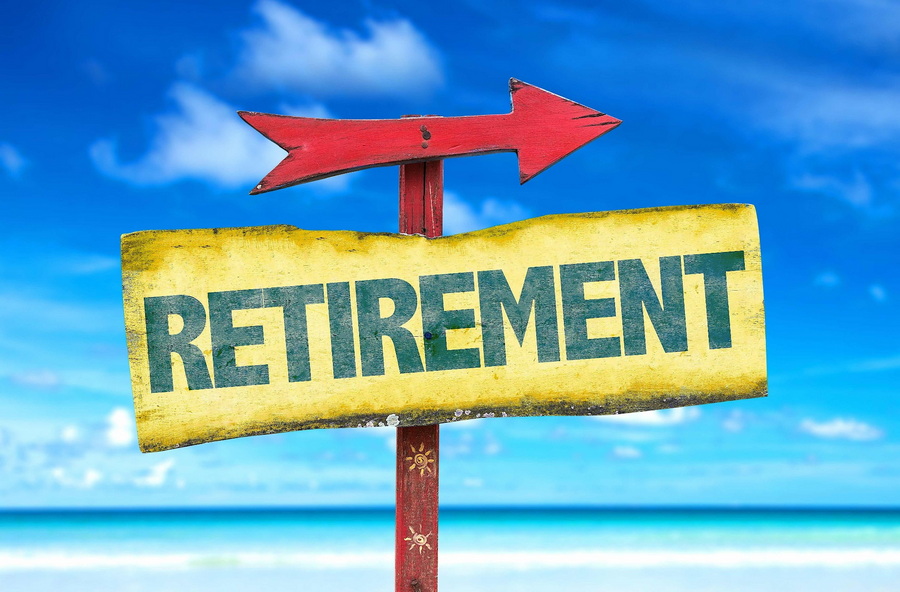
Following discharge, I moved to Erie, PA, where my wife was finishing college and got a job in sales, waiting to find out what I wanted to be when I grew up. It took a while, and I started with night school in Accounting. After about five years of night school and full-time, I received a BA in Economics and Accounting and became a CPA working in public accounting.
The degree also gave me the opportunity to get back into uniform, at least on a part-time basis.
After eight years in public accounting, I held positions as corporate controller of a private business and then as CFO of a rural hospital.
I retired from the hospital in 2009 and have been retired now for 14 years.
What military associations are you a member of, if any? What specific benefits do you derive from your memberships?
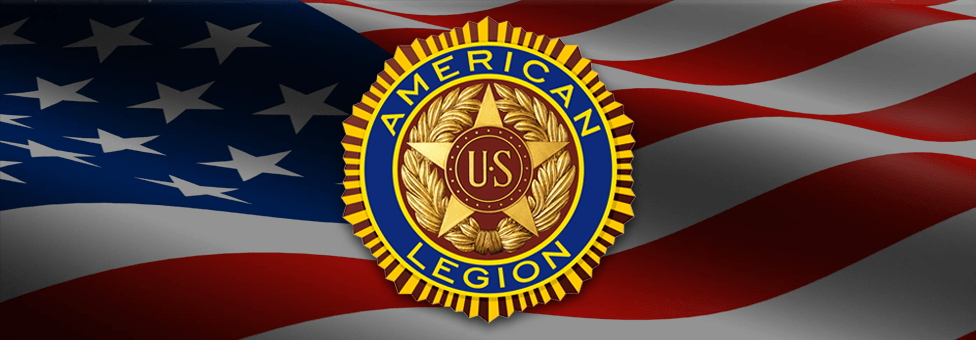
American Legion, Veterans of Foreign Wars, DAV
Active with VA health care. I am able to use the VA because I am a veteran of the Vietnam War. On my first visit to the VA, I was told I made too much money to use the VA. I should have persisted with questions but stormed out mad as hell. I made more than the maximum because I was receiving a military pension, social security, and a company pension. No one bothered to ask about where I served. As it turned out, I also have one of the Agent Orange presumptive diseases, prostate cancer. So now the VA takes fine care of me.
One wonderful benefit I love is staying at military bases when my wife and I travel. I enjoy the businesses that offer a veteran’s discount in recognition of our service.
I enjoy “Thank you for your service.” I never heard that during the Vietnam War. Thank you, Gulf War vets, you got us all thanked!
In what ways has serving in the military influenced the way you have approached your life and your career? What do you miss most about your time in the service?
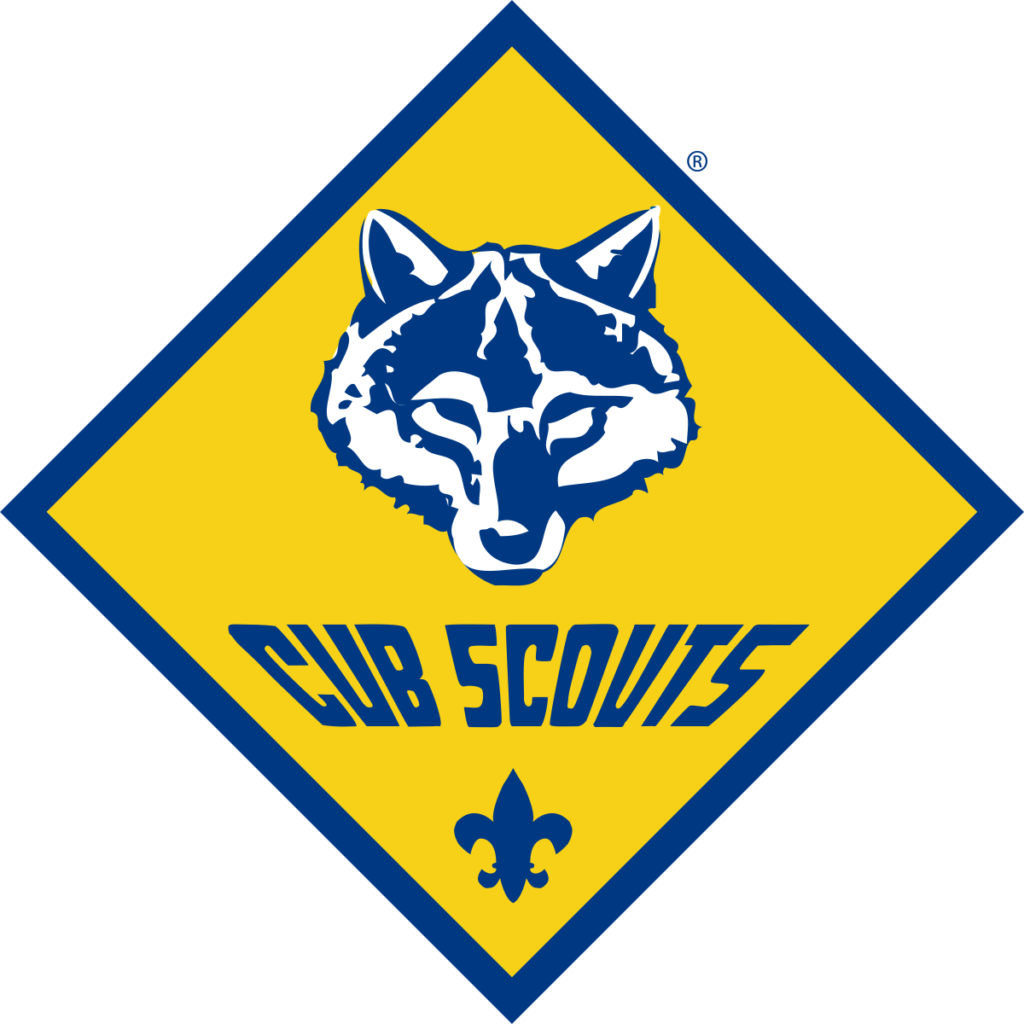
I’ve always enjoyed serving in uniform. I started out in the Cub Scouts, the Boy Scouts, and Explorer Scouts, and then in the military. I like rules and order. I wanted to know who was in charge and to be in charge when I was the ranking person.
I enjoyed traveling, seeing new places, and experiencing different cultures. I also enjoyed trying other languages, particularly Thai, since I lived there for 1 1/2 years. I still speak enough to have short conversations and make a friend out of a stranger.
Based on your own experiences, what advice would you give to those who have recently joined the Coast Guard?
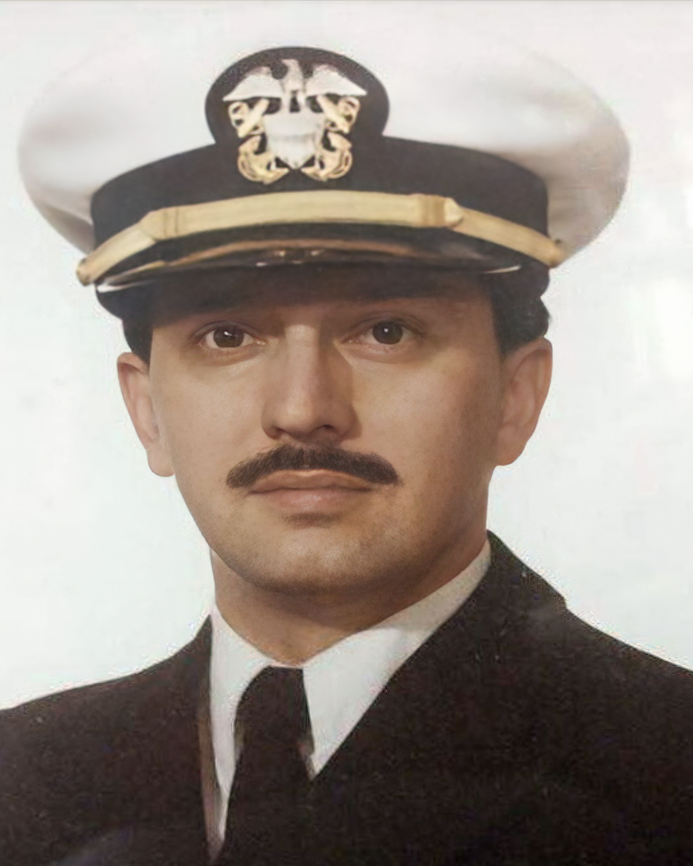
Don’t think of joining the Coast Guard with the goal of being stationed near home. That was my initial thought, but my service took me many miles from home, and it was the greatest experience of my life.
The military might be the place to be if you can’t afford college or can’t decide what you want to do after graduating high school. Military service can help you steer in the right direction, give you the opportunity for promotion, and give you the “how-to instructions.”
In what ways has togetherweserved.com helped you remember your military service and the friends you served with.
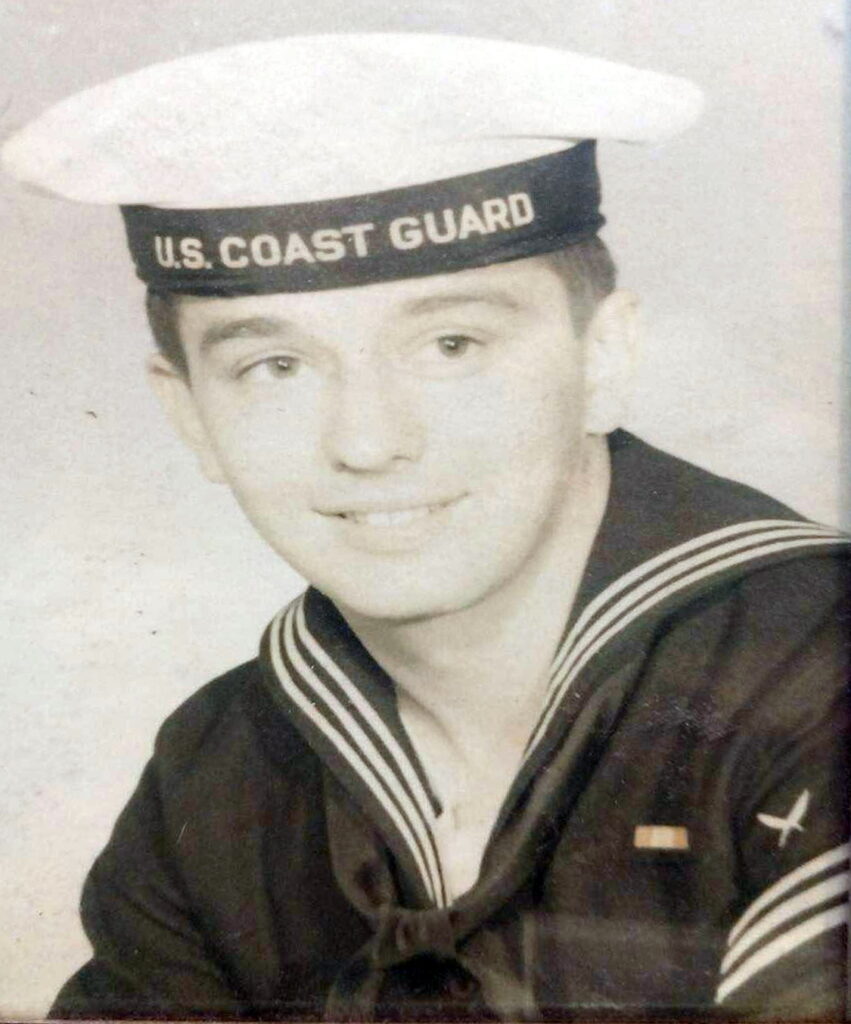
I enjoy reading about other’s experiences and comparing theirs with mine.
PRESERVE YOUR OWN SERVICE MEMORIES!
Boot Camp, Units, Combat Operations
Join Togetherweserved.com to Create a Legacy of Your Service
U.S. Marine Corps, U.S. Navy, U.S. Air Force, U.S. Army, U.S. Coast Guard
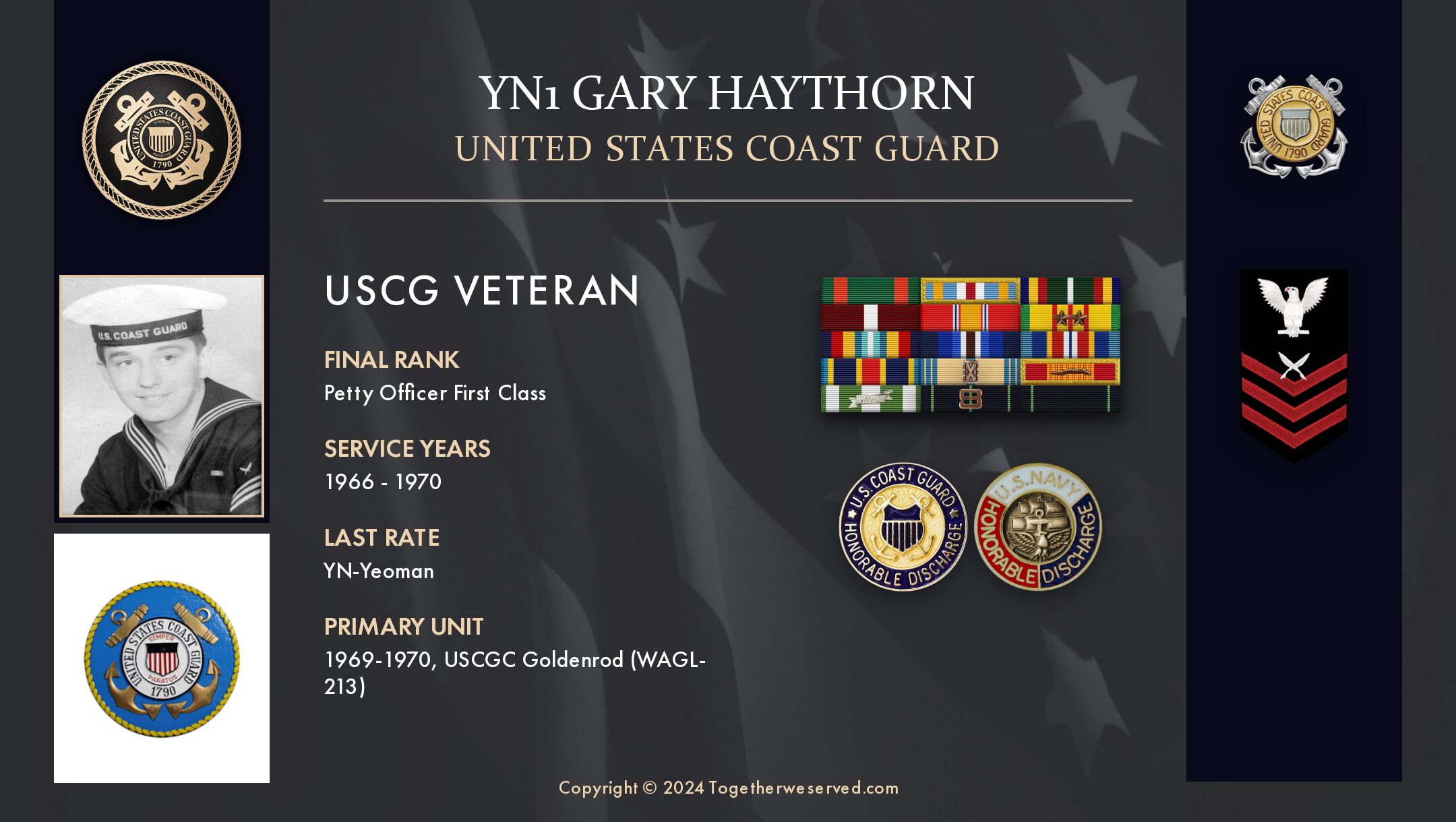
how lucky can you get, i took mt R&R from VN there and after I got out of the navy after many years i have been back about 5 times, not as fun alone aS WITH SEVERAL SHIPMATES.
The picture of 4 Coasties and our Thai receptionist mentions ETC Paul C. McCurrey, but Paul is not pictured. The person in the picture not named is SK2 Fred Sanchez. I probably had mentioned ETC McCurrey in my narrative, as he and I have been in touch since the use of a computer makes such contact possible. Paul was one of those COMSEASEC guys who may have served 4 or 5 yeas working out of that office. Thru this website I have made contact with Larry French, a guy who is pictured beside me in our boot camp photos. One experience from my service travels and high school french caused me to brag that I can now count to ten in 7 different languages. I can’t say that that made a difference in my life and career but it’s a fun story when I run out of other stories!
I just had to make one more comment about my story and the pictures. There is a picture of the Ironwood that I didn’t provide. After I transferred to Bangkok, the Ironwood got transferred to Homer, Alaska and the picture shows snow capped mountains behind the Ironwood when it was in Alaska waters. I wish I had a similar picture of the Ironwood in Hilo, Hawaii’s harbor in January 1968. From where we moored, Mount Mauna Kea had snow on its summit! I could have gone snow skiing in Hawaii, but I was there for surfing!
This is an awesome read! And now knowing you, puts the story to life!